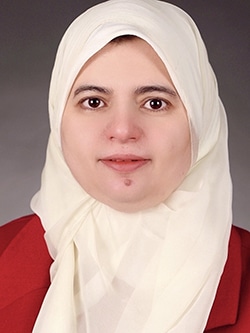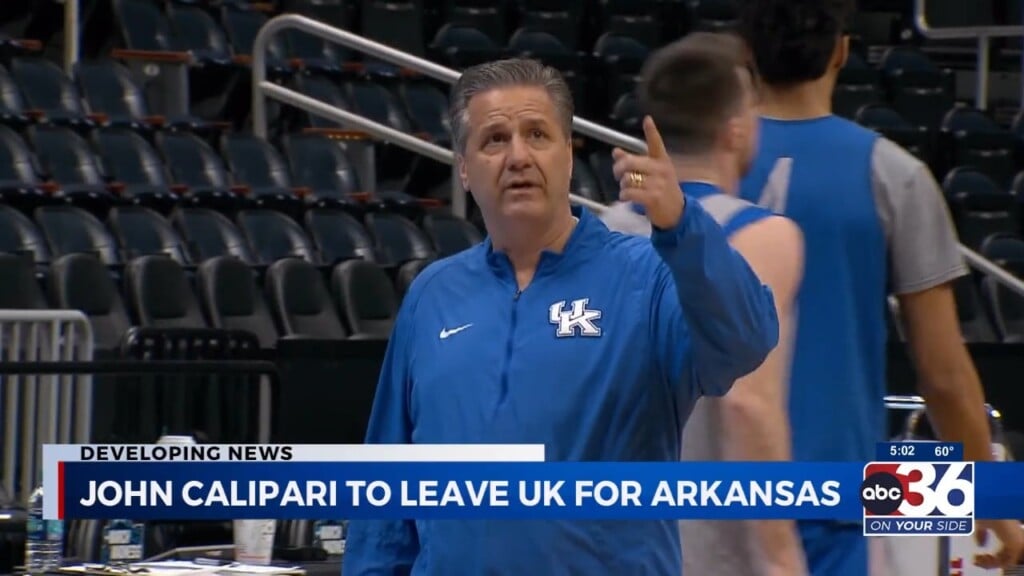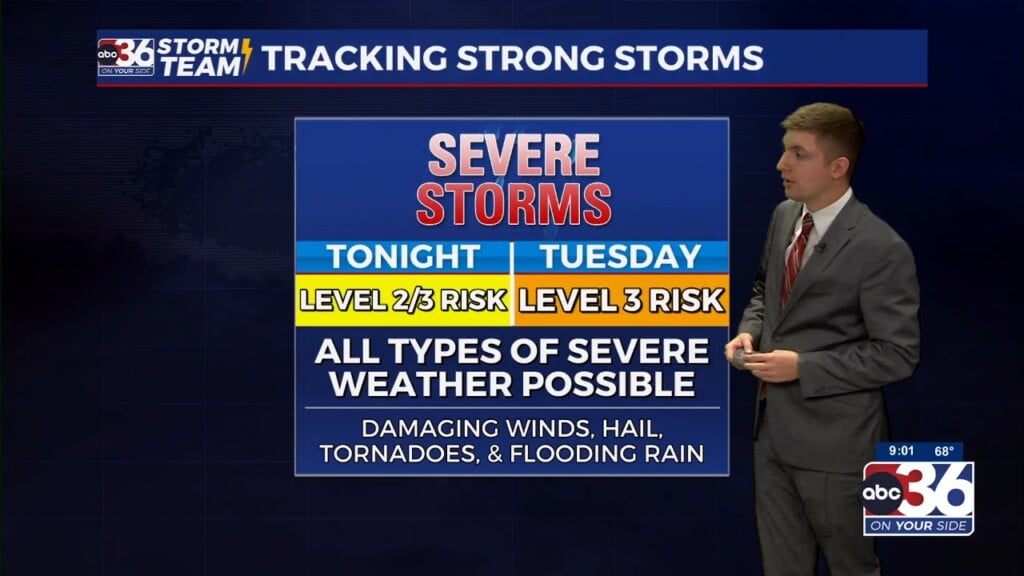Morehead: Instructors make national forums, reading project has dual benefits
MOREHEAD, Ky. (MSU Public Affairs) – Dr. Annie Adams, professor of English at Morehead

Annie Adams
State, has published an essay about effective online instruction on an Inside Higher Education blog.
The essay, “Fourth Class,” was published on the blog, “University of Venus,” which features the writing of Gen-X women in higher education. In it, Adams discusses some of the challenges small regional universities like MSU and community colleges face when dealing with online instruction. She said there are several areas of resistance that inhibit institutions’ ability to use online learning to its full potential.
“Administrators looking only to cost-cut resist properly investing in technological infrastructure, and faculty leery of cost-cutting moves (and being replaced by robots) are suspicious,” Adams said. “Additionally, there are student learning outcomes that cannot be achieved remotely (a Zoom live stream is only an approximation of live theatre, you can’t draw a patient’s blood through a computer screen, etc.) and faculty who need to help their students achieve these outcomes often see ‘online’ as a distraction—which it is if remote learning on campuses doesn’t start from a consideration of student learning outcomes.”
Another point Adams brings up in the article is the need for faculty members to have genuine connections with students. She said online platforms provide a variety of ways to connect with students, and instructors must reach out to students and build connections.
“Communication fosters connection. Students need to know there’s a live person at the other end of the screen,” Adams said. She added she believes every institute of higher education should be a digital hub for its community, and there are several steps MSU and others are taking to accomplish that.
“The first step is to offer high-quality online courses. The next step, for our institution in particular, is to provide training and access in online technology for area teachers. We need to prep them for the classrooms they will face (which means being aware of the problems of the digital divide and potential ways to mitigate it),” she said. “We also just need to do more with every student on campus to make them digitally literate. There are simple, “work ready” elements we could embed in general education, particularly because all faculty and students here have access to the full Microsoft 365 suite.“
Adams also discussed access inequities among students, saying there are several things schools can do to make sure students have access to the resources they need to optimize online learning.
“Options would be to provide hot spots, scholarships for technology, and to start working on making courses and our teaching tools mobile device friendly because phones are often the only access some of our students have,” Adams said. “Bigger picture: try for grants for regional development funds and continue to bombard the state legislature with requests for equity in terms of education.”
To read Adams’ essay, visit https://www.insidehighered.com/blogs/university-venus/fourth-class.
ELGAZZAR TO PRESENT PAPER ON MACHINE LEARNING
Dr. Heba Elgazzar, assistant professor of computer science at MSU, will present a paper on

Dr. Heba Elgazzar
machine learning at the 2020 International Internet of Things (IoT), Electronics and Mechatronics Conference later this month.
The paper, “Stock Market Prediction using Text-based Machine Learning,” was co-authored by Elgazzar and recent MSU computer science graduate Tristan Jordan of Olive Hill. The research aims to design machine learning algorithms to predict changes in stock prices for an unidentified company. The algorithm will use forum posts of users with varying levels of involvement with the company of focus. The proposed algorithm to make these predictions will use a recurrent neural network (RNN) that will be able to analyze patterns in word use and order. It will place reactions to forum posts into a category based upon expected price movement over various lengths of time.
“I highly appreciate the encouragement and the support for my research activities from the college dean and the associate dean of the School of Engineering and Computer Science,” Elgazzar said.
In addition to being presented at the conference, the paper will also be published in the Institute of Electrical and Electronics Engineers (IEEE) Xplore library.
PROJECT TURNS INTO VIRTUAL VIDEOS FOR SCHOOLS, PARENTS
As COVID-19 continues to impact schools, one MSU instructor has found a way to help her students and help students, teachers and parents in area public school systems.
Shawn Justice, instructor of education, was trying to develop creative ways to help students in her Children’s Literature and Materials class get their required field experience hours virtually this fall.
“I have had to really think outside of the box about how to give my students the quality experiences they need and still meet all the course requirements,” Justice said. “Education is changing, so I thought the structure of the field experience hours probably should look different, too.”
Justice’s students are learning about children’s books that are suitable for instruction and were asked to choose either a book that had received a children’s book award or a book by an award-winning author.
Students were required to join the Kentucky Virtual Library and Epic Books, which are online databases of children’s books. They could also visit the Camden-Carroll Library or their local library to select a book.
Students recorded themselves reading the books and were graded and given feedback on the readings. Justice said the assignment benefitted her students, not only by teaching them how to select books that are well-written for instructional use but by teaching them how to adapt to the changing landscape of education.
“I think we are in a very exciting time for education. It is messy and painful and a struggle at times, but all growth and progress are those things,” Justice said. “Education students right now are getting in on the ground floor of what education will look like in the future.”
Approximately 60 pre-service education students participated in the assignment, and Justice said she’s received more than 200 responses to a Facebook post she made offering the recordings for teachers to use in their classrooms.
The videos will be shared with more than 20 school districts across the state, as well as two public libraries and several parents who are teaching their children at home.
Justice graduated from MSU in 1991 with a degree in elementary education K-4.
To learn more about the program or to request links to the videos, contact Justice at tsjustice@moreheadstate.edu.




Leave a Reply